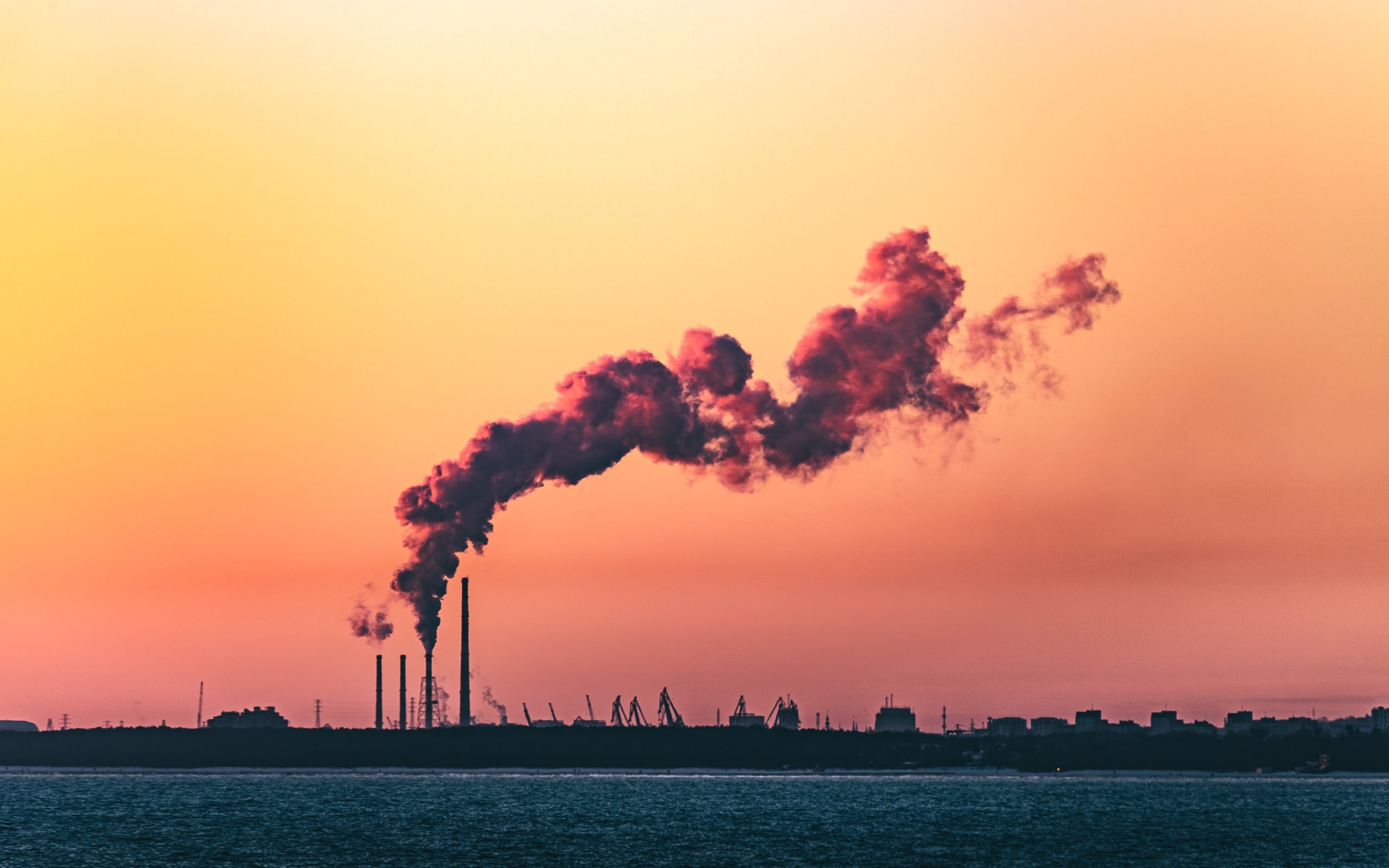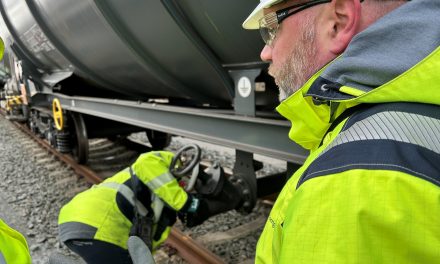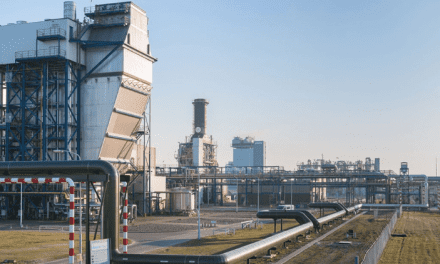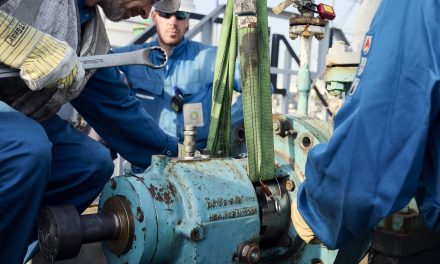
‘CCS sterke businesscase voor Nederland’

Het opslaan van CO2 onder de Nederlandse zeebodem kan een sterke businesscase voor Nederland opleveren. Fabrieken in Antwerpen en het Ruhrgebied kunnen op CO2-opslaginfrastructuur worden aangesloten.
Dit stelt de VEMW, dat een position paper over CCS heeft opgesteld. De vereniging raadt aan om de mogelijkheden van CO2-afvang en -opslag ‘ten volle’ te benutten. Nederland is een land met een grote potentie voor CCS, aldus het rapport. Er is energie-intensieve industrie in vijf regionale clusters, er komt veel geconcentreerde CO2 vrij en er zijn ruimschoots lege gasvelden in de Noordzee om de CO2 in op te slaan.
Sterke businesscase
Dat kan een sterke businesscase voor Nederland opleveren, denkt de VEMW. “Onze strategische ligging biedt mogelijkheden om de opslagvraag uit het zogenaamde ARRRA-cluster (Antwerpen-Rotterdam-Rijn-Ruhr-area) aan te sluiten op het aanbod”, aldus de vereniging. Ook kan CCS het investeringsklimaat helpen verbeteren.
Rol overheid
Voor de overheid ziet zij een rol weggelegd om de risico’s van CCS met behulp van regelgeving te verminderen. Ook dient zij de ‘zorgen, onduidelijkheden en barrières’ weg te nemen. Zij moet zich duidelijker uitspreken over de financiering, timing, schaalgrootte en haar langetermijnvisie op de infrastructuur.
Zware verplichtingen
“De zware verplichtingen die de rechter aan Shell op een korte termijn oplegt maakt dat de noodzaak van toepassing van CCS nog onherroepelijker wordt. Intensivering van de uitvoering van CCS-projecten vereist dan ook de volledige steun van de NGO’s en de overheid”, licht directeur Hans Grünfeld van de VEMW toe.
Zie ook: VEMW: Infrastructuur essentieel in energietransitie
English translation
CCS a strong business case for the Netherlands
Storing CO2 under the Dutch seabed can provide a strong business case for the Netherlands. Factories in Antwerp and the Ruhr area could be connected to the supply.
This is the view of the VEMW, which has drawn up a position paper on CCS. The association recommends that the potential of CO2 capture and storage be exploited ’to the full’. The Netherlands is a country with great potential for CCS, according to the report. There is energy-intensive industry in five regional clusters, a lot of concentrated CO2 is released and there are plenty of empty gas fields in the North Sea in which to store the CO2.
Strong business case
This could provide a strong business case for the Netherlands, the VEMW believes. “Our strategic location offers opportunities to match the storage demand from the so-called ARRRA cluster (Antwerp-Rotterdam-Rhine-Ruhr area) with the supply”, says the association. CCS can also help improve the investment climate.
Government
It sees a role for the government in reducing the risks of CCS through regulation. It should also remove the ‘concerns, uncertainties and barriers’. It needs to be clearer about financing, timing, scale and its long-term vision for the infrastructure.
Heavy obligations
“The heavy obligations imposed on Shell by the judge on a short term makes the need for CCS application even more irrevocable. Intensifying the implementation of CCS projects therefore requires the full support of the NGOs and the government”, explains VEMW director Hans Grünfeld.









